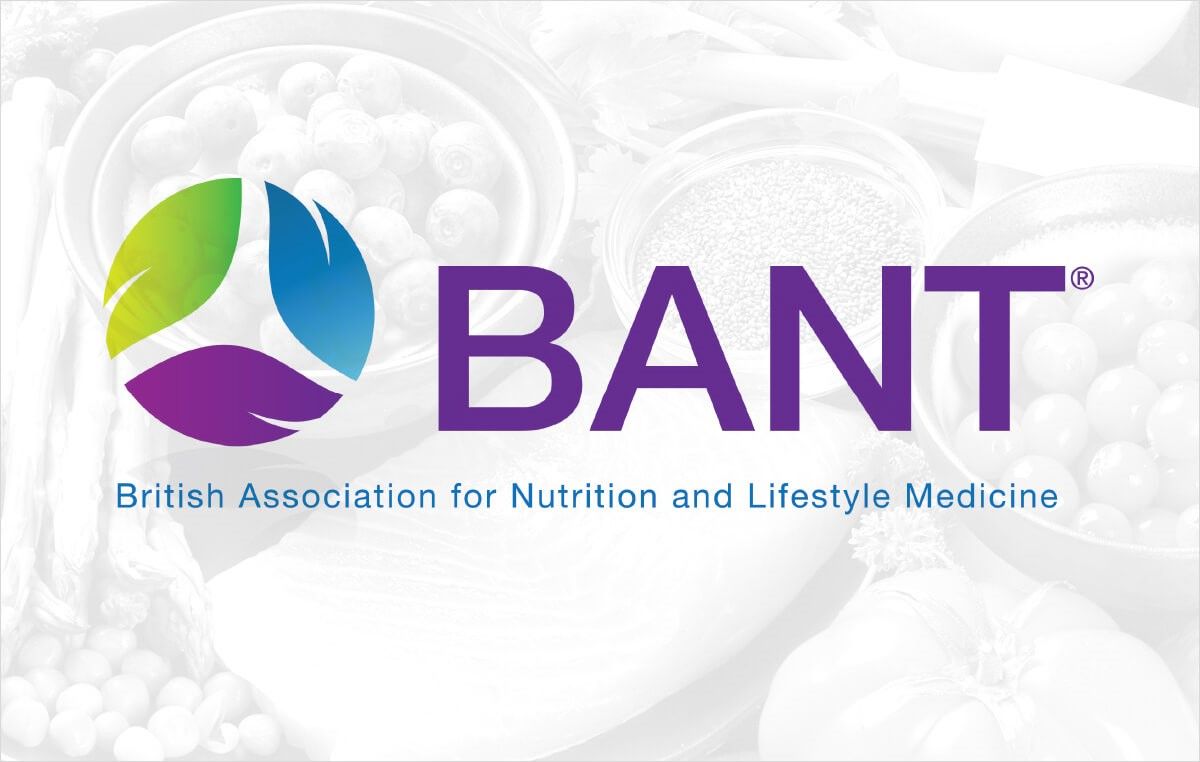
30 Aug 2017 BANT Responds to Lancet Study that Highlights that a Lower Carbohydrate, High Fat Diet May Support Health
The British Association for Applied Nutrition and Nutritional Therapy (BANT) was interested to see the news reports relating to the article published online in The Lancet on 29 August 2017 relating to the PURE (Prospective Urban Rural Epidemiology) study, conducted over 10 years and encompassing 135,335 individuals within 18 countries, which found that higher carbohydrate intake was associated with higher risk of total mortality, whereas total fat and individual types of fat were related to lower total mortality.
Whilst BANT was delighted to note that Professor Jeremy Pearson of the British Heart Foundation has said “health officials should re-examine dietary advice, to ensure the public was getting the best message”, BANT is once again disappointed that Public Health England continues to support outdated recommendations. A PHE representative was quoted this morning as saying, “we recommend a balanced diet based on starchy carbohydrates (50% daily intake), while reducing total fat intake and swapping saturated fats for unsaturated fats.”
This new study provides an indication that the public health policy of low fat, high carbohydrate may have been erroneous. It certainly is a sign that evidence that high carbohydrate diets are not as health-promoting as the Eatwell Guide guidelines portray. In fact, to continue to support high carbohydrate diets as “balanced” is, according to the PURE study, detrimental to the general population’s health.
BANT members are uniquely trained to individualise their evidence-based, nutrition advice so that it tackles the need of the person they’re working with, instead of following a handout generated by a computer programme.”
The most common reasons people seek nutritional advice is to address weight loss and/ or for general health and wellbeing. These issues are addressed by BANT with the following:
The, clear, concise format of the BANT Wellbeing Guidelines enables people to see easily what food choices they should be making. More detailed information is also given to guide people in how to make these choices and which other lifestyle factors they should be addressing.
Key advice provided by the BANT Wellbeing Guidelines includes the following:
- Weight Loss or General Health and Wellbeing: Everyone is unique but whatever your goal similar nutritional principles and health and wellbeing guidelines will apply.
- Eat a Rainbow: a varied diet of 7 differently coloured fruit and vegetables per day.
- Stay hydrated with water, herbal teas, green and black teas. Avoid alcohol, sugary drinks and too much caffeine
- Ensure protein is lean: fish, poultry, eggs and vegetable sources. Limit red and processed meat.
- Include healthy fats: avocados, nuts, olive oil. Cook with healthy saturated fats: coconut oil and butter.
- Choose root vegetables and whole grains instead of refined carbohydrates and grains: Eat sparingly.
- For Weight Loss: include exercise, limit portion sizes, don’t eat between meals. Avoid: Sugar, artificial sweeteners, alcohol and refined carbohydrates.
- Include the right supplements: vitamin D, in particular, for most people and probiotics as advised by your Registered Nutritional Therapist
- Sleep and Exercise are an important aspect in overall Health and Wellbeing and Weight Management.
Click here to download the PDF version of this response.
FOR FURTHER INFORMATION PLEASE CONTACT:
Daniel O’Shaughnessy
Tel: +44 870 606 1284
NOTES TO EDITORS:
The British Association for Applied Nutrition and Nutritional Therapy (BANT) is the professional body for Registered Nutritional Therapists. Its primary function is to assist its members in attaining the highest standards of integrity, knowledge, competence and professional practice, in order to protect the client’s interests; nutritional therapy and the registered nutritional therapist.
Nutritional therapy is the application of nutrition science in the promotion of health, peak performance and individual care. It is a progressive approach to health optimisation. Registered Nutritional Therapists are recognised by the Professional Standards Authority to be as competent as other traditional healthcare providers. It has been recognised that they can make a difference by working together with healthcare providers as part of multidisciplinary teams under NHS commissioning.

